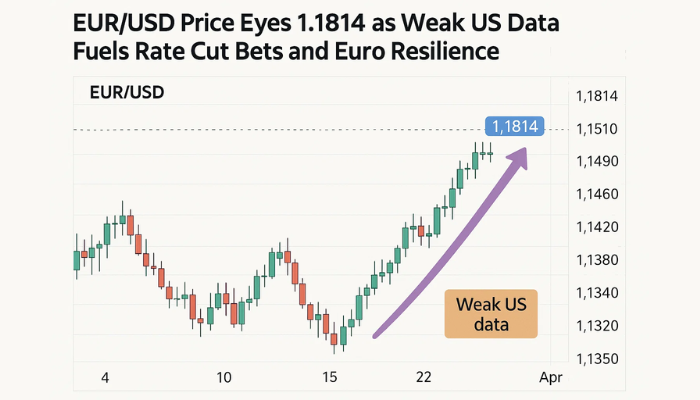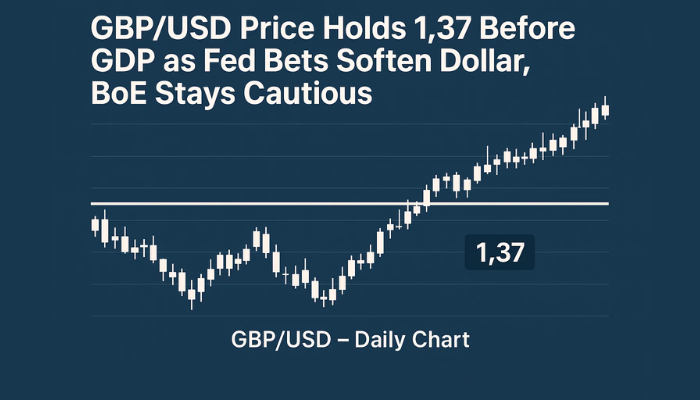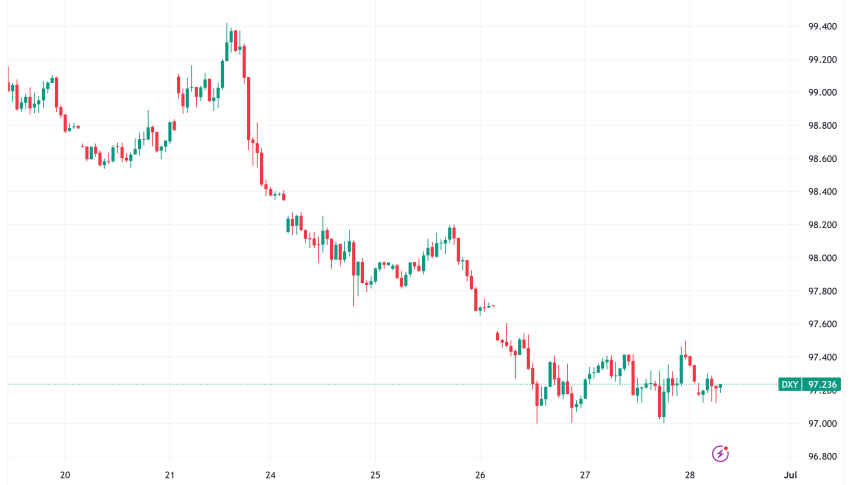Simplified – Article 50 of the Lisbon Treaty to Brexit
A couple of days ago, Theresa May, the acting Prime Minister of the United Kingdom said that she will trigger Article 50 on Wednesday, March 29. Suprisingly, the news failed to shake the market. However, investors still believe that they are likely to see some action on March 29.
I will be happy to share my opinion on this, but first, let us understand what Article 50 actually is, and how it's likely to impact the GBP.
Article 50 of Lisbon Treaty
On December 1st, 2009 the heads of state of the European Union gathered in Lisbon to sign a treaty whose objective was to promote democracy and transparency among EU members.
Article 50 describes the rules and processes of leaving the EU. It states: “any member state may decide to withdraw from the union in accordance with its own constitutional requirements.” Any state who wishes to withdraw from the EU can share their intent with European Council by “triggering” the article.
Outcomes of Article 50
Once Article 50 is triggered, it's likely to take a 2-year process to fully leave the European Union. However, this may not be the actual timeframe because the member state which requests to leave EU has to follow complicated processes. In our case, the U.K has called for the triggering of Article 50. It now has to negotiate with 27 member states, and the U.K will only leave the EU if all the states agree on the terms.
How Will It Impact The UK?
It's hard to say how Article 50 will impact the UK in general and the Sterling in particular. I do know that I will be stay ing away from their economy and its currency. As we know, the financial market exhibits herding behavior, so most investors are likely to shun the sterling. Consequently, the pound is expected to stay bearish.
- Check out our free forex signals
- Follow the top economic events on FX Leaders economic calendar
- Trade better, discover more Forex Trading Strategies
- Open a FREE Trading Account


